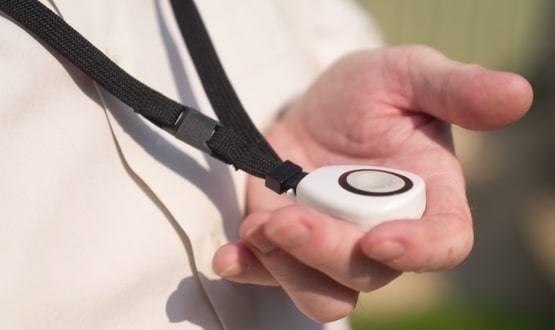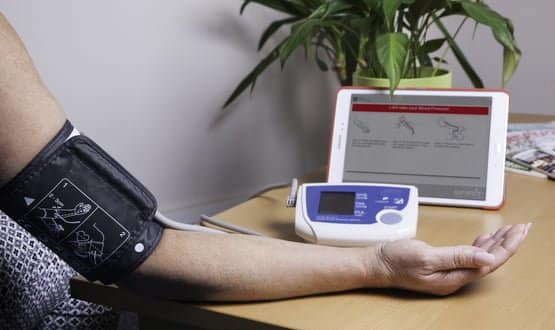Lamb ‘banging the drum’ for telehealth
- 15 November 2012

Care minister Norman Lamb will be “banging the drum” for telehealth and telecare, trying to convince everyone in his path, he said at a conference this week.
Speaking at The International Telecare and Telehealth Conference in Birmingham, Lamb said the “political stars are aligned” for integrated care to become the next big thing in the NHS.
He also argued that the latest reforms, combined with the 3millionlives campaign to kickstart the telehealth industry, would make an enormous difference.
“The potential savings are stratospheric and the potential impact [for patients] on well-being and maintaining independence are incalculable,” he said.
“The kind of technology we have now can transform the way people with long term conditions go about their daily routine. Integrating care around the needs of the individual rather than the needs of the institution is fundamental.”
He told the audience that the recent Health and Social Care Act “will solidify team work across the public services” and that the latest round of changes to NHS structures would put clinicians in charge of budgets.
He said he hoped this would drive them to look positively on telehealth and telecare, but recognised there were problems around getting clinicians on board. He also acknowledged that working out clear incentives would be crucial.
“I’m sure that every clinician in primary care wants to do the best they can for their patients, but the sort of financial incentives in the past haven’t really been aligned very effectively with optimising good patient care,” he said.
After being questioned by a member of the audience, Lamb said he would explore the option of pushing earlier releases of more of the Whole Systems Demonstrators reports.
The WSD programme was set up in May 2008 as a randomised control trial of telehealth and telecare. More than 6,000 patients in three areas of England were involved in finding out whether technology could make a difference to people living with long term conditions.
The study finished in September 2010, and the Department of Health launched the 3millionlives initiative with industry in January this year, after issuing a press release of ‘headline findings’ from the WSD.
These said, in their entirety: “The headline indications show that if used correctly telehealth can deliver a 15% reduction in A&E visits, a 20% reduction in emergency admissions, a 14% reduction in bed days and an 8% reduction in tariff costs. More strikingly, they also demonstrate a 45% reduction in mortality rates.”
However, a subsequent report from the Nuffield Trust was far more nuanced, and an editorial in the British Medical Journal argued that it did not warrant a full scale roll-out of telehealth.
Further papers from the WSD programme have been promised, but have not yet been published. Lamb said: “I absolutely understand that once we can deploy strong evidence to support the case, it will be easier.
“The evidence we have so far is very positive, especially when you combine it with the reduction in cost you would get by doing this.”
When questioned on why government processes were so slow, Lamb answered: "you may be surprised to hear that sometimes we in government experience the same frustrations.”
The care minister, who has only been in office a couple of months, following the departure of health secretary Andrew Lansley and most of his team, said he had been on a steep learning curve.
“The tricky thing with 3millionlives is getting everyone in the sector to work together towards the same aims. I’ve already asked for a further submission from my officials about what they have done in terms of their development work to really get the incentives to deliver.”




